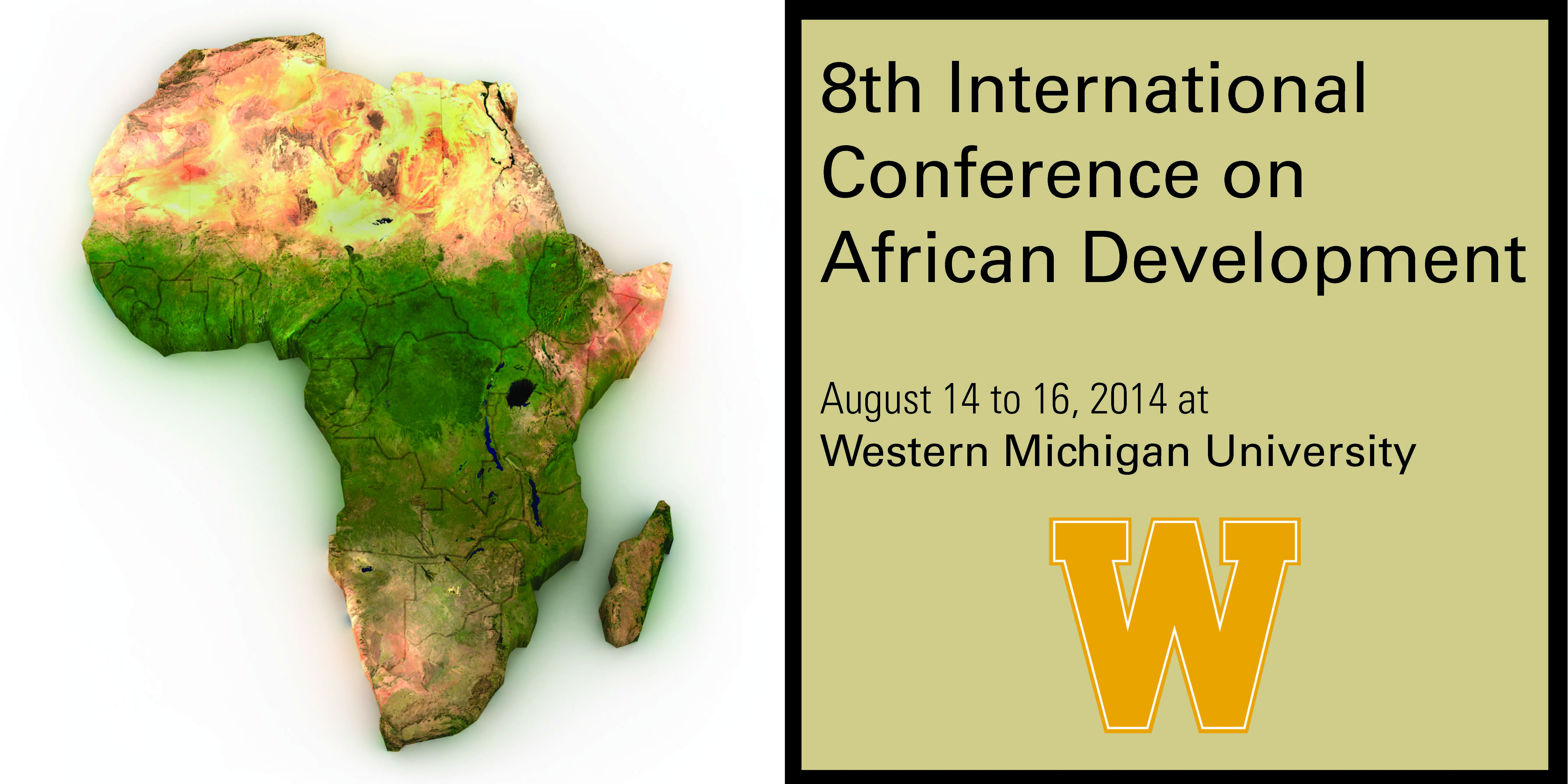
Start Date
15-8-2014 9:00 AM
End Date
15-8-2014 10:30 AM
Submission type
Presentation
Abstract
Realizing sustainable development is a major challenge for most African states. Economic development in most African countries is largely centered on the exploitation of natural resources, particularly minerals. Rather than facilitate development, the exploitation of natural resources in most countries, has been a source of adverse outcomes. That is, natural resources led to ‘the resource curse’, owing in part to bad leadership and governance. Through good leadership and governance, Botswana emerged differently. The country transformed itself to a middle income status through the prudent exploitation and management of mineral resources; making Botswana one of the few resource rich countries to avoid ‘the resource curse’. Yet, the sole reliance on one non-renewable resource is risky as evidenced by the recent global financial crisis. Sustainable development necessitates greater emphasis on renewable resources whose exploitation and management require a different strategy to drive development forward.
The paper identifies leadership and governance amongst the central tenets to Botswana’s development success story. It argues that, for the last four decades the leadership and governance strategy served the country well, given the context of the time. Going forward, an enhanced leadership and governance strategy is necessary to successfully exploit and manage the country’s resources for the benefit of all. In conclusion, African states need to review the role of leadership and governance in order to realize sustainable development.
Keywords
Natural resources, leadership, governance, sustainable development, Botswana
Included in
Governance of Land and Natural Resource for Sustainable Development in Botswana: Possible Lessons for the Agricultural and Tourism Sectors
Realizing sustainable development is a major challenge for most African states. Economic development in most African countries is largely centered on the exploitation of natural resources, particularly minerals. Rather than facilitate development, the exploitation of natural resources in most countries, has been a source of adverse outcomes. That is, natural resources led to ‘the resource curse’, owing in part to bad leadership and governance. Through good leadership and governance, Botswana emerged differently. The country transformed itself to a middle income status through the prudent exploitation and management of mineral resources; making Botswana one of the few resource rich countries to avoid ‘the resource curse’. Yet, the sole reliance on one non-renewable resource is risky as evidenced by the recent global financial crisis. Sustainable development necessitates greater emphasis on renewable resources whose exploitation and management require a different strategy to drive development forward.
The paper identifies leadership and governance amongst the central tenets to Botswana’s development success story. It argues that, for the last four decades the leadership and governance strategy served the country well, given the context of the time. Going forward, an enhanced leadership and governance strategy is necessary to successfully exploit and manage the country’s resources for the benefit of all. In conclusion, African states need to review the role of leadership and governance in order to realize sustainable development.
